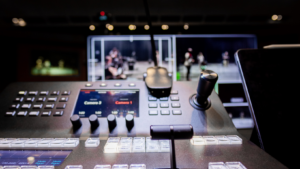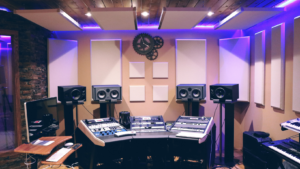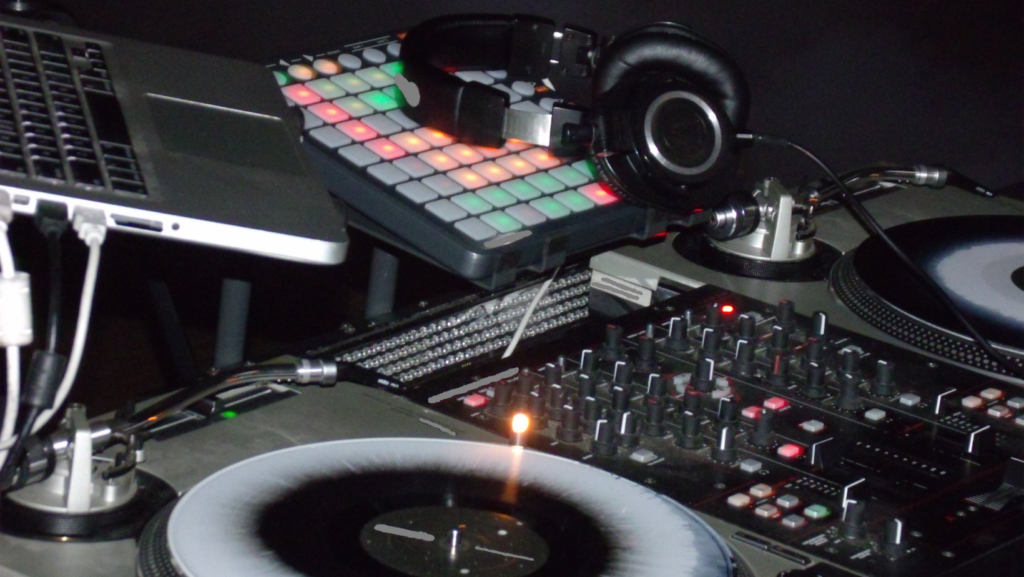In the ever-evolving world of music, innovation isn’t just a buzzword—it’s the driving force behind the industry’s continual transformation. From the invention of vinyl records to the rise of streaming services, music innovations have consistently reshaped how we create, distribute, and consume music. Amid rapid industry shifts, music folders offer a dependable anchor—protecting music notes, scripts, and rehearsal schedules from digital clutter or misplacement. Whether refining compositions or coordinating performances, they ensure that creative materials stay accessible and well-organized. This blend of simplicity and reliability preserves artistic integrity while supporting innovation’s fast tempo.
This article delves into the world of music innovations, exploring their profound impact on the global soundscape. It’s a deep-dive into the exciting intersection of music and technology, where creativity meets cutting-edge advancements. Whether you’re a music enthusiast, a tech aficionado, or simply curious, this exploration promises to strike a chord with you.
So, ready to march to the beat of innovation’s drum? Let’s tune into the rhythm of change that’s redefining the music industry.
Music Innovations

Delving deeper into the vault of history, it becomes clear that music innovations were not solely influenced by advancements in technology, but also by novel instruments and revolutionary composing techniques.
The Role of Instruments in Past Music Innovations
The journey of music innovation does not merely trace an arc through recent technological breakthroughs. Instead, it starts with the invention of early musical instruments that profoundly influenced musical compositions. For instance, consider the piano, invented in the 1700s by Italian Bartolomeo Cristofori. It brought a dynamic change in music creation, allowing composers to express variations in loudness and softness in music, an attribute absent in its predecessor, the harpsichord. Similarly, the introduction of brass and woodwind instruments in orchestras opened up an entirely new dimension of musical expression and gave birth to symphonies in the late 18th century.
| Instruments | Century of Invention | Impact |
| Piano | 18th | Introduced loudness and softness variations |
| Brass and woodwind instruments | 18th | Enabled creation of symphonies |
Revolutionary Composing Techniques

Revolutionary composing techniques have also been at the forefront of music innovation throughout history. Think of the polyphony of the Middle Ages and the Renaissance, where multiple voices simultaneously created harmonies. Furthermore, come the Baroque period, composers like Johann Sebastian Bach revolutionized music with the use of well-tempered tuning. This allowed for compositions in all 24 keys, vastly expanding the musical palette. Jumping to the 20th century, Arnold Schoenberg’s introduction of the twelve-tone technique subverted traditional tonality, thus setting the stage for modernist and post-modernist compositions.
| Period | Technique | Impact |
| Middle Ages and Renaissance | Polyphony | Enabled multi-voice harmonies |
| Baroque | Well-tempered tuning | Allowed compositions in all 24 keys |
| 20th Century | Twelve-tone technique | Subverted traditional tonality |
The Role of Music Innovations in Our Society
Music innovations revolutionize the ways we engage with sound, interacting closely with different aspects of our society. In this section, we delve deeper into the impact of music innovations on education and culture.
How Music Innovations Affect Education

Music innovations transform education by introducing new methodologies, nurturing creativity, and bridging learning gaps. Students can now access digital tools that facilitate learning, no matter what their level of proficiency is. For example, platforms like Yousician and Simply Piano provide interactive lessons for aspiring musicians, using technology to enhance traditional learning structures. Furthermore, music composition software, such as GarageBand, inspires creativity, allowing students to create original compositions even with basic knowledge. At the institutional level, schools and universities adopt these innovations to enrich their curriculum.
The Cultural Impact of Music Innovations
Music innovations inspire significant shifts in societal norms and cultural conversations. These advancements lie at the crux of new music subcultures and trends. For instance, the advent of electronic music technology in the late 20th century not only ushered in new music genres like techno and house but also influenced societies globally, shaping nightlife and festival cultures.
The omnipresence of music streaming platforms has fundamentally transformed the ways we consume music, fostering an era of playlist culture that influences public taste and broadens listeners’ horizons. It’s also leveled the playing field for musicians worldwide, allowing artists from diverse cultural backgrounds to reach global audiences.

